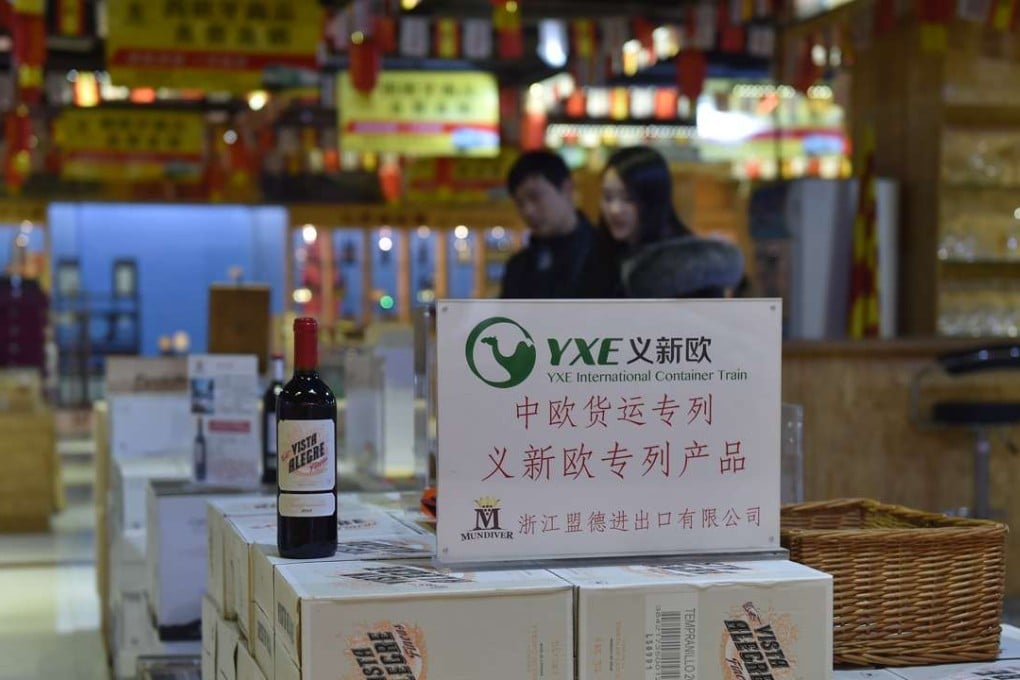China’s leadership role in globalisation will benefit all
As the US looks set to turn isolationist, countries will look to China to fill the gap in global trade

Protectionism comes at a price, US President Donald Trump will quickly learn. His fulfilling of an election campaign pledge to pull his country out of the Trans-Pacific Partnership free-trade agreement on his first day in office pleased his supporters, but was also welcomed by China. In jettisoning the deal, the door has swung open wide for Beijing to push its own regional pacts. There is every reason to look to the mainland; the benefits of globalisation far outweigh the disadvantages.
Free-trade deals are complex and require protracted negotiations. Countries that had signed up to the TPP are not only lamenting missed opportunities, but have also lost trust in the US. China is now in a strong position as those nations now look to it to take the lead; Australia and Chile promptly signalled they were ready to do business.
The shift in positions was also on show when a Philippine cabinet delegation visited Beijing last Monday, with the two sides agreeing to a US$3.7 billion package of infrastructure projects and measures to alleviate poverty.